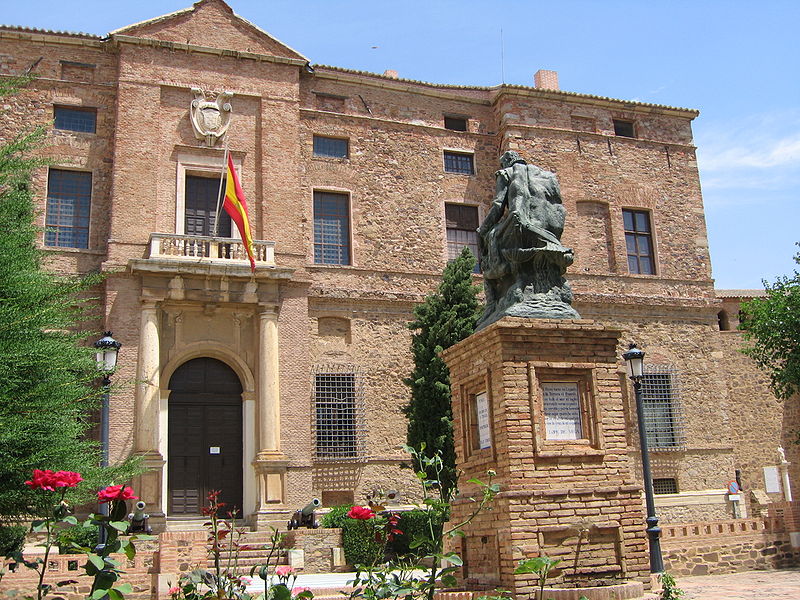<Back to Index>
- Admiral of the Genoese Fleet Giovanni Andrea Doria, 1539
- Admiral of the Spanish Navy Álvaro de Bazán, 1st Marquis of Santa Cruz de Mudela, 1526
PAGE SPONSOR
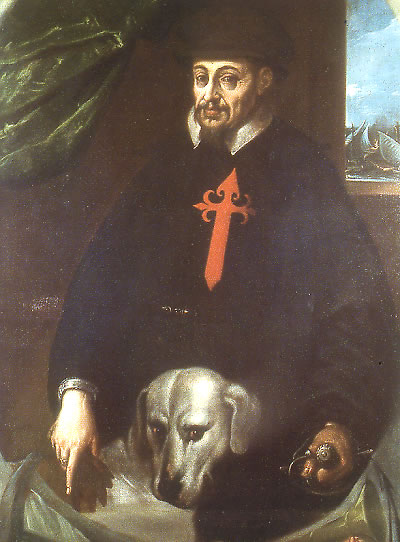
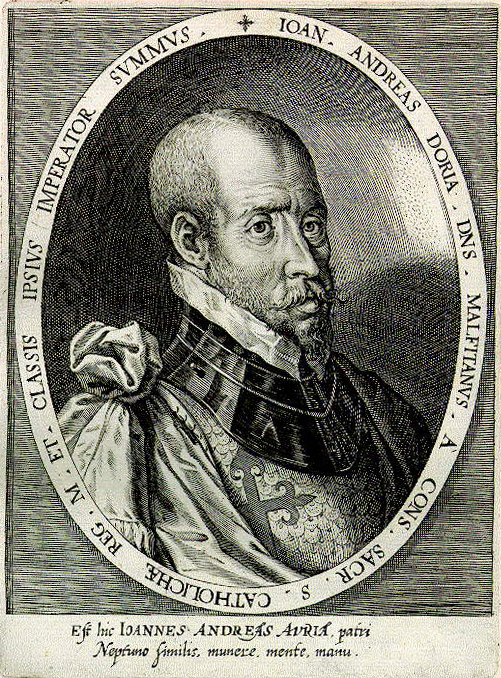
Giovanni Andrea Doria, also Giannandrea Doria (1539 – 1606), was an Italian admiral from Genoa. He was the son of Giannettino Doria and the great - nephew of the famed Genoese admiral Andrea Doria,
by whom he was later adopted. He became the Admiral of the Genoese
Fleet in 1556, and commanded the combined Christian fleet of the Holy
League at the Battle of Djerba in 1560, which was won by the Ottoman Turks under the command of Piyale Pasha. He also participated in the Battle of Lepanto (1571), which was won by the Christian forces and signaled the first ever defeat of the Ottoman Turks at sea.
He was the father of the cardinal Giovanni Doria.
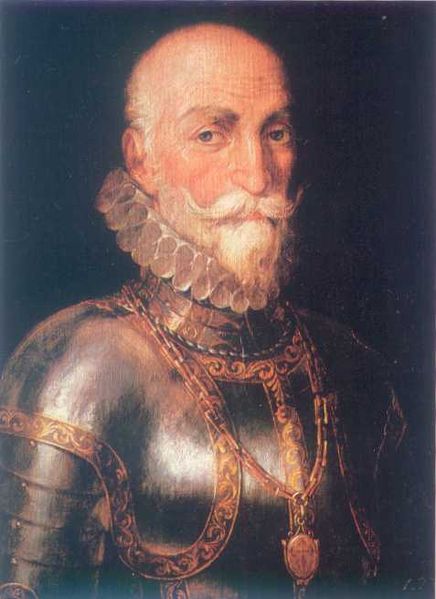
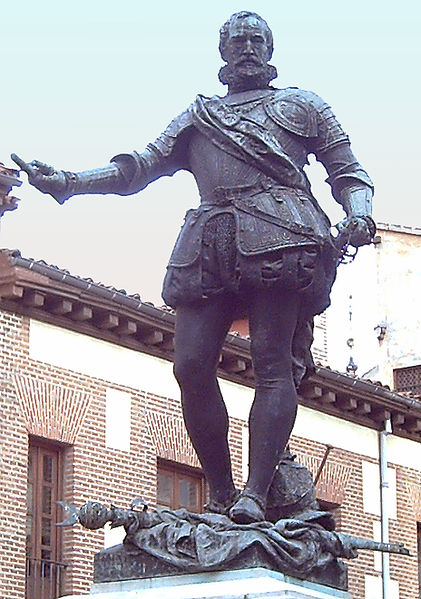
Álvaro de Bazán, 1st Marquis of Santa Cruz de Mudela (December 12, 1526 – February 9, 1588), was a Spanish admiral.
Álvaro de Bazán was born in Granada.
His grandfather, Álvaro de Bazán, took part in the conquest of Granada in 1492, and his father took part together with Giovanni Andrea Doria and other marines in the recapture of Tunis in 1535, and was distinguished in the service of Charles V, by whom he was made general of the galleys or commander - in - chief of the Spanish naval forces in the Mediterranean.
The future admiral followed his father in his youth, and was employed in the high command of the Spanish navy at a fairly early age. He was a member of the Military Order of Santiago (St. James). In 1564, he aided in the capture of Peñón de Vélez de la Gomera, and commanded the division of galleys employed to blockade Tetuan, and to suppress the piracy carried on from that port. The service is said to have been successfully performed. Bazán certainly earned the confidence of Philip II, by whom he was appointed to command the galleys of Naples in 1568. This post brought him into close relations with John of Austria, when the Holy League was formed against the Turks in 1570.
During the operations which preceded and followed the Battle of Lepanto (7
October 1571), Bazán was always in favor of the more energetic
course. In the battle he commanded the reserve division, and his prompt
energy averted a disaster when Uluj Ali, who commanded the left wing of the Turks, outmaneuvered the commander of the Christian right, Gian Andrea Doria, the nephew of his old comrade Andrea Doria, and broke the Allied line. He accompanied Don John of Austria at the taking of Tunis in the following year.
When Philip II enforced his claim as heir to the crown of Portugal in 1580 - 1581, Santa Cruz held a naval command. But António, Prior of Crato, an illegitimate representative of the former Portuguese royal family, who conducted some popular resistance to the crowning of what was seen as a foreign king, continued to hold the islands of the Azores. António was supported by a number of French adventurers under Philip Strozzi, a Florentine exile in the service of France. Santa Cruz was sent as "Admiral of the Ocean" to drive the pretender and his friends away in 1583. Badly outnumbered, he won the Battle of Ponta Delgada off Terceira Island against a loose confederation of Portuguese, French, English and Dutch adventurers and privateers, which decided the struggle for the Azores in favor of the Spanish Habsburgs.
Santa Cruz, who recognized that England presented a grave threat to Spain's empire, became a zealous advocate of war. A letter written by him to King Philip from Angra do Heroísmo in Terceira, on August 9, 1583, contains the first definite suggestion of the Spanish Armada Santa Cruz himself was to have commanded. His plans, schemes and estimates occupy a conspicuous place in the documents concerning the Armada collected by Don Cesário Duro. The hesitating character of the king, and his many embarrassments, political and financial, caused many delays, and left Santa Cruz unable to act with effect. He was at Lisbon without the means of fitting out his fleet, when Francis Drake burnt the Spanish ships at Cádiz during his 1587 expedition. The independence of judgment shown by Santa Cruz ended by offending the king, and he was held responsible for the failures and delays which were the result of the bad management of his master. His death, which occurred on February 9, 1588 at Lisbon, was said to have been hastened by the unjustified reproaches of the king.
The great galleons employed to carry the trade between Cadiz in Spain and Vera Cruz in Mexico were the joint creation of the Marquis de Santa Cruz and Pedro Menéndez de Avilés.
The documents relating to the Spanish Armada have been collected by Don Cesáreo Fernández Duro in La Armada Invencible, and he gives a biography of the marquis in his Conquista de las Islas Azores. A separate life has been published by Don Ángel de Altolaguirre. There are various notices of Santa Cruz in Sir W. Stirling Maxwell's Don John of Austria.
Several ships of the Spanish Navy were named Álvaro de Bazán in his honor. Currently, a new class of frigates is being built for the Spanish Navy, and the lead ship is the Álvaro de Bazán.
